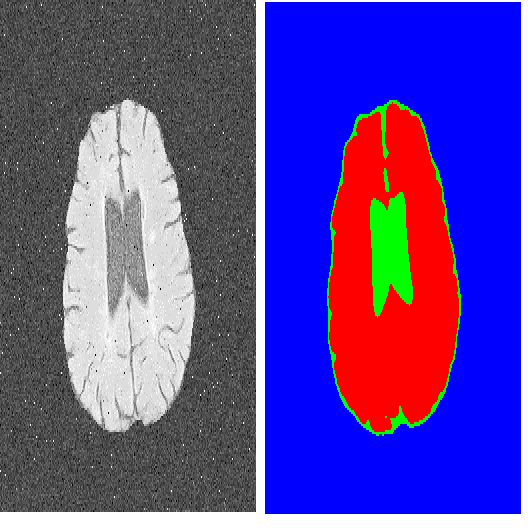Although having achieved great success in medical image segmentation, deep convolutional neural networks usually require a large dataset with manual annotations for training and are difficult to generalize to unseen classes. Few-shot learning has the potential to address these challenges by learning new classes from only a few labeled examples. In this work, we propose a new framework for few-shot medical image segmentation based on prototypical networks. Our innovation lies in the design of two key modules: 1) a context relation encoder (CRE) that uses correlation to capture local relation features between foreground and background regions; and 2) a recurrent mask refinement module that repeatedly uses the CRE and a prototypical network to recapture the change of context relationship and refine the segmentation mask iteratively. Experiments on two abdomen CT datasets and an abdomen MRI dataset show the proposed method obtains substantial improvement over the state-of-the-art methods by an average of 16.32%, 8.45% and 6.24% in terms of DSC, respectively. Code is publicly available.
翻译:虽然在医学图像分割方面取得了巨大成功,但深卷动神经网络通常需要大量具有人工说明的数据集,用于培训,难以推广到看不见的班级。少见的学习有可能通过从几个贴有标签的例子中学习新课程来应对这些挑战。在这项工作中,我们提出了基于原型网络的微小医学图像分割新框架。我们的创新在于设计两个关键模块:1)一个背景关系编码器(CRE),它使用相关关系来捕捉地表和背景区域之间的本地关系特征;2)一个反复使用CRE和一个原型网络来恢复背景关系的变化并迭接完善分解面罩的经常性面罩改进模块。关于两个腹部CT数据集和腹部MRI数据集的实验显示,拟议的方法在DSC方面分别以16.32%、8.45%和6.24%的平均比例获得重大改进。





